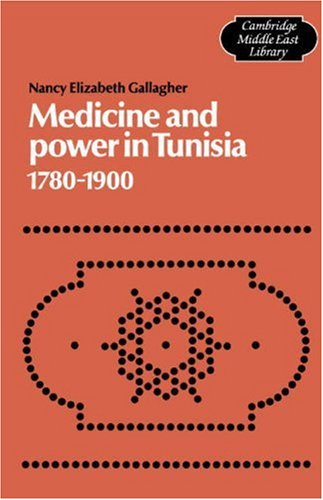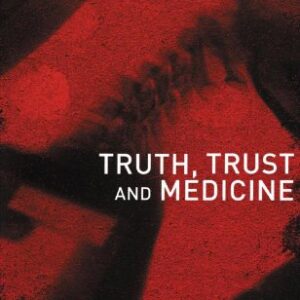Severe epidemics of plague, cholera, and typhus swept across Tunisia between the years 1780 and 1900. The society was galvanized into action: medical practitioners, religious authorities, and political leaders all tried to deal with the deadly crises. Muslims had, over many centuries, evolved ideas concerning the origin, prevention, and treatment of epidemic diseases that differed somewhat from those of their European counterparts. With European economic and political expansion that accelerated after the Napoleonic Wars, Muslims found themselves confronted not only by a new source of political power but by a new set of medical ideas. This study traces the medical confrontation through the society’s response to epidemic disease.






Reviews
There are no reviews yet.